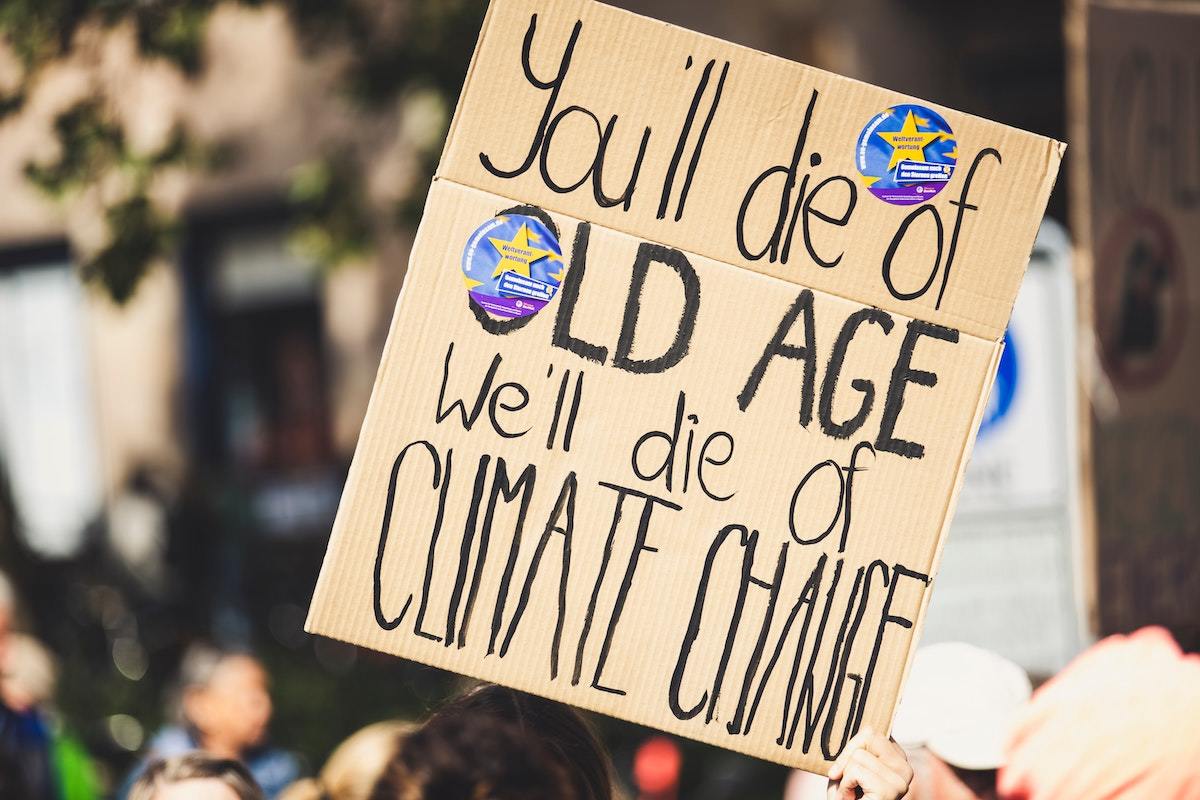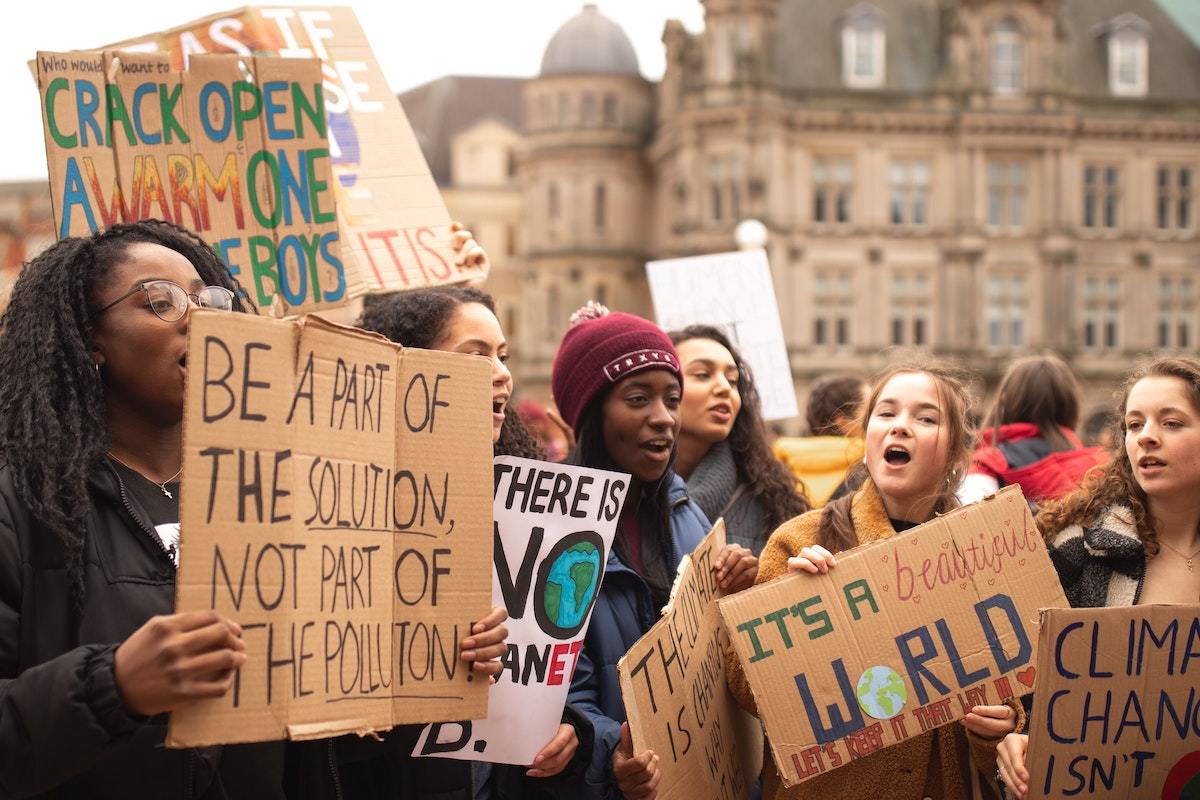
It should come as no surprise to learn that plastic is toxic. Numerous studies have outlined the physical dangers that the chemicals in plastic present. From disrupting our hormones to causing cancer, the list of possible side effects goes on. However, an often overlooked impact of the plastic problem may just result in the next major mental health crisis.

Eco-anxiety, or the fear of environmental destruction and the loss of our planet’s natural resources, is growing rampant among young people. A recent study surveyed 10,000 young people aged 16-25 from ten different countries and found that almost 60% were either extremely worried or very worried about climate change. Over half reported feeling sad, angry, helpless, anxious, powerless, and guilty. Eco-anxiety is not just a concern for young people. There are plenty of adults who also experience these fears to an extent that either impairs their daily functioning or worsens other pre-existing mental conditions.
As we know, plastic - from production through disposal - is a leading contributor to climate change. It can easily be attributed as a leading cause of this existential-based eco-anxiety; especially considering our direct contribution to, and sheer magnitude of, the plastic pollution crisis.

The threat to our mental health doesn’t stop there. Just like the toxic chemicals in plastic can impede our physical health, they could also put vulnerable populations at a higher risk for mental illness. Phthalates and other chemicals found directly in plastic may be linked to an increased risk for developing depression, anxiety, ADD, or psychotic symptoms such as those found in schizophrenia. This is primarily due to the disruption of healthy brain development and hormone regulation. Since toxins can pass directly from mothers to their unborn children, people may be born predisposed to developing a mental illness later in life.
New research is also studying the correlation between increased cases of mental illness and exposure to contaminated air and water sources in fenceline communities. This serves as a stark reminder of the environmental racism found at the heart of the plastic industry. Unfortunately, these individuals are also at a higher risk of becoming ‘climate refugees’ when they are forced to leave their homes due to unsafe or uninhabitable conditions. It is unacceptable to condone such avoidable suffering just so a small portion of the population can prosper.
Thankfully, young people everywhere are taking a stand. This is evident by the leadership and activism demonstrated within Surfrider’s Student Club Network - now over 100 clubs strong. They recognize that the systemic root of the problem lies in our faulty social and economic structures and they’re ready to take this challenge head-on. Students are an active voice at Surfrider’s annual Coastal Recreation Hill Day where they express their demands for legislation that puts people and the planet first.
Taking action in a community of like-minded individuals is one of the best ways to protect yourself against the debilitating impacts of eco-anxiety. By joining the largest network of coastal defenders in the world, you will find support and meaning in your efforts as you watch them scale up from local to regional and even national victories. At the same time, you must prioritize self-care and talk openly about your mental health. By breaking down the stigma associated with mental health we recognize our common humanity, grow our empathy, and live more authentic lives. Vulnerability is one of the first steps towards healing.

For more information on what Surfrider is doing to end the plastic pollution crisis, visit www.surfrider.org/initiatives/plastic-pollution. To support our efforts, please consider making a donation and joining your local chapter or club today.
Check out The All We Can Save Project for a list of helpful resources for coping with eco-anxiety and ecological grief. For immediate mental health support, use the Crisis Text Line by texting HOME to 741741.
The plastic crisis is a double-edged sword in regards to human health and we need to fully address the range of these threats if we are to advocate for urgent and lasting change. We must ask ourselves what we value more: the convenience that comes with our consumerism-driven culture or human life?
